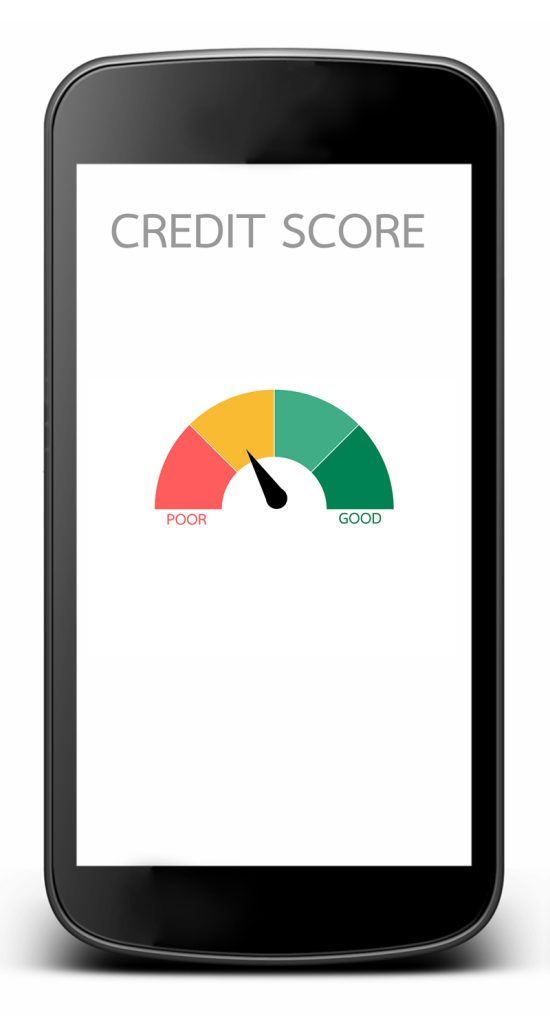Credit Score
What’s a credit score?

A credit score is a number that shows how good you are at paying back money you borrow. It’s calculated using a special formula that looks at your financial history and compares it to other people’s. Your credit score is used by banks, credit card companies, and other lenders to decide if they want to lend you money and how much interest they will charge you.
To get a loan, you usually need to have a good credit score. The higher your credit score is, the better chance you have of getting approved for a loan and getting a good interest rate. A credit score is especially important when you’re trying to get a private student loan, which is a loan to pay for school that’s not backed by anything valuable, like a house or a car.
Your credit score is important because it can affect your life in many ways. For example, if you have a good credit score, you might be able to get a credit card with a low interest rate or a loan to buy a house or a car. But if you have a bad credit score, it might be hard to get approved for credit, and you might have to pay a higher interest rate if you do get approved, or have a co-signer. That’s why it’s important to try to have a good credit score.
FICO is a company that helps calculate your credit score. A credit score is a number that shows how good you are at paying back money you borrow. It’s important to have a good credit score because it can help you get approved for things like credit cards and loans.
FICO calculates your credit score by looking at different parts of your financial history. These include:
- Payment history: This is a record of whether you’ve paid your bills on time.
- Current level of indebtedness: This is how much money you owe compared to how much credit you have available. If you owe a lot of money, it might be harder to get approved for credit.
- Types of credit used: This is what types of credit you have used in the past, like credit cards, loans, or mortgages.
- Length of credit history: This is how long you’ve had credit. If you’ve had credit for a long time, it might be easier to get approved for credit.
- New credit: This is when you apply for a lot of new credit in a short period of time. If you do this, it might be harder to get approved for credit because it could show that you’re having financial problems.
The FICO score uses all of this information to give you a score between 300 and 850. A score of 300 is not very good, and a score of 850 is excellent. Most people have a score between 600 and 700. Lenders use your FICO score to decide if they want to lend you money and how much interest they will charge you.
Where Do Credit Scores Come From?
There are three major credit reporting agencies, also known as credit bureaus, that provide credit scores: Experian, Equifax and TransUnion.
The Pervasive Impact of Credit on Your Life and Ours
Have you ever wondered how much your credit history is used in our lives? Think about all the credit-based tools available to us throughout all phases of our lives: credit cards, mortgages, car loans, and of course, private student loans.
But did you know it also could have an impact on whether you get hired or not, getting a loan to start your own business, joining the armed forces or obtaining a professional license?
Or that a poor credit score could cost you more in higher rents, higher insurance rates?
What’s a Good Credit Score? A Bad Credit Score?
The FICO score ranges from 300 to 850, where 300 is dreadful and 850 is top of the line. Most people tend to score in the 600s-700s. However, most college students don’t have a sufficiently long credit history or high-enough income to generate a high credit score. As for what a good score is vs a bad one, there are no hard-and-fast rules; it depends on the lender and type of loan desired. However, as a rule of thumb to qualify for a good credit private loan, a score of 660 is usually the minimum. A bad credit online loan may need no credit score.
Build Good Credit
Information on How to Build and Improve Your Credit
- Gimmicks and hype promising quick fixes for building or improving credit should be avoided. It’s important to build a good credit history slowly and responsibly.
- To qualify for a private student loan, you need good credit or a cosigner with good credit.
- Here are some tools and resources for building good credit:
- Check your credit score and monitor your credit history.
- Use a student credit card responsibly to build a positive credit history.
- Use a credit card specifically designed to rebuild bad or poor credit, if needed.
- Consider applying for private loans with a qualified cosigner to improve your credit score.
Remember, building good credit requires time and responsible financial management. Pay bills on time, use credit wisely, and avoid taking on too much debt.